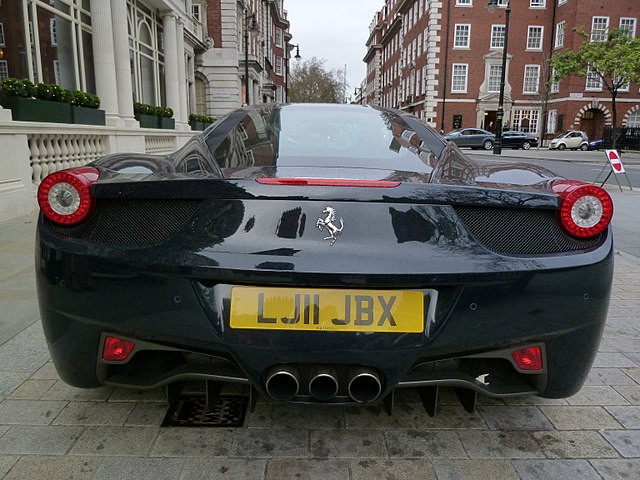Ferrari NV reported a 17% jump in first-quarter profit, driven by strong demand for customized luxury vehicles, but warned that newly imposed U.S. tariffs could dent its full-year margins and force price hikes of up to $50,000 per car. The Italian automaker posted a net profit of €412 million ($466.3 million) for the first three months of 2025, ahead of analysts' expectations of €410 million, according to Reuters.
CEO Benedetto Vigna said in a statement, "Another year is off to a great start. In the first quarter of 2025, with very few incremental shipments year on year, all key metrics recorded double-digit growth, underscoring a strong profitability driven by our product mix and continued demand for personalizations."
The Maranello-based company reported EBITDA of €693 million ($784 million), up 15% year-on-year, broadly in line with analysts' expectations of €689 million. Revenue rose 13% to €1.79 billion ($2.03 billion), exceeding the consensus estimate of $1.97 billion. Adjusted earnings came in at €2.30 ($2.60) per share, beating the FactSet consensus of $2.51.
Ferrari delivered 3,593 vehicles during the quarter, a 1% increase over the same period last year. Regional sales showed mixed performance, with an 8% gain in Europe, the Middle East and Africa offsetting a 25% plunge in greater China, including Hong Kong and Taiwan.
Despite the robust earnings beat, shares fell. U.S.-listed Ferrari stock dropped 0.9% to $462.17 in premarket trading Tuesday, while its Milan-listed shares slipped 1% as of 10:55 a.m. GMT. Analysts noted the lack of an upward revision to full-year guidance disappointed investors. Ferrari reaffirmed its forecast of at least €8.60 ($9.74) in adjusted earnings per share, while the market had priced in a potential upgrade to $9.84.
Ferrari underscored a significant policy risk in its earnings release, stating that its 2025 outlook "is subject to a potential risk of 50 basis points reduction on profitability percentage margins (EBIT and EBITDA margins), in relation to the update of the commercial policy following the introduction of import tariffs on EU cars into the USA."
President Donald Trump implemented a 25% tariff on automotive imports in early April, a move that has rippled through the luxury auto sector. While Trump last week signed an executive order aimed at preventing overlapping tariffs - including steel and aluminum duties - Ferrari preemptively announced in late March a 10% price increase on some models to absorb the added costs.




